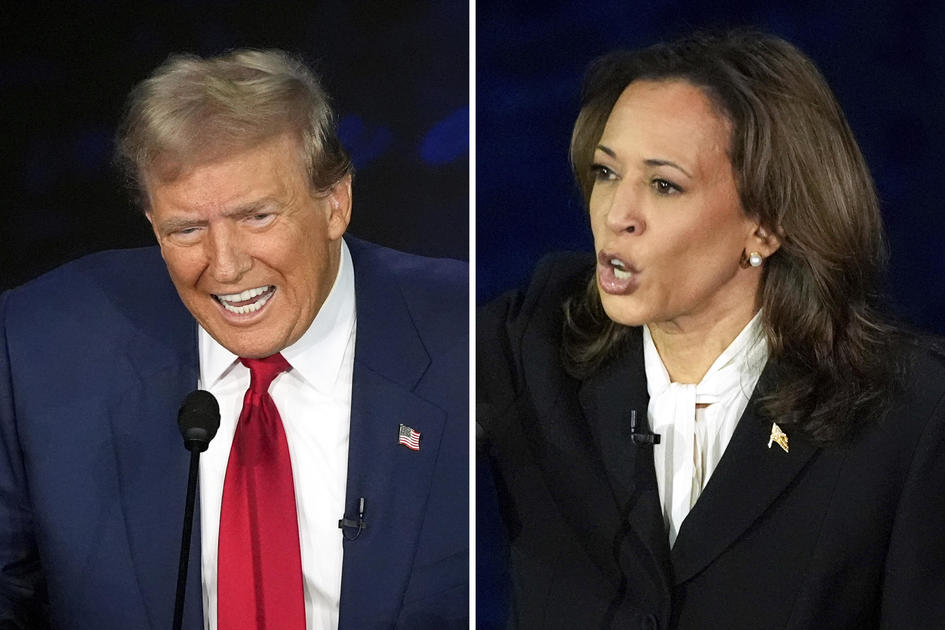Former President Donald Trump made a significant announcement on Thursday, revealing that he would not engage in a third debate with Vice President Kamala Harris. This decision came in the aftermath of their recent matchup in Philadelphia, which took place on Tuesday night.
In a bold declaration on his Truth Social account, Trump unequivocally stated, “THERE WILL BE NO THIRD DEBATE!” This statement marked the end of any possibility of further debates between the two political figures. The initial debate between Trump and President Biden had occurred in June, setting the stage for future confrontations.
Trump sought to justify his decision by drawing an analogy to a prizefighter who loses a match and immediately demands a rematch. He insisted that undisclosed polls had indicated his victory in the debates, reinforcing his belief that a rematch was unnecessary. Furthermore, during a campaign event in Tucson, Arizona, Trump reiterated his stance, emphasizing that the voting process had already commenced, rendering any additional debates irrelevant.
However, despite Trump’s assertions, early polls conducted by reputable sources such as Reuters, YouGov, and CNN overwhelmingly favored Harris as the debate victor. These polls reflected the sentiments of the majority of voters who perceived Harris to have outperformed Trump in the debate. Analysts and observers echoed this sentiment, noting Harris’s assertive stance and strategic approach, which often placed Trump in a defensive position.
During the debate, Trump encountered challenges in articulating his message effectively, resorting to repeating debunked claims and making unsubstantiated statements. From alleging that Haitian migrants were consuming pets to asserting the loyalty of his rally attendees, Trump’s messaging appeared disjointed and lacking in coherence. Additionally, his vague references to a healthcare plan further highlighted his struggle to communicate clear policy objectives.
Following Trump’s announcement, Vice President Harris expressed her willingness to engage in another debate, citing a sense of obligation to voters. Despite Trump’s reluctance, Harris remained open to the possibility of a rematch, underscoring her commitment to engaging in meaningful discourse and addressing critical issues.
Notably, even some of Trump’s allies acknowledged Harris’s superior performance in the debate. Robert F. Kennedy Jr., who had previously endorsed Trump after suspending his independent presidential bid, commended Harris for her delivery, preparation, and organization during the debate. While Kennedy acknowledged Trump’s governance achievements, he conceded that Harris had surpassed him in terms of presentation and readiness.
After the debate concluded, Republican Rep. Mike Collins of Georgia took to X to assert that the refusal to participate in a second debate indicated the true winner of the matchup. This sentiment was echoed by various commentators and political analysts, who viewed Harris’s performance as more effective and impactful compared to Trump’s.
As the debate continued to be a topic of discussion and analysis, media outlets provided insights and reflections on the event. CBS News featured a segment titled “Reflecting on the first debate between Harris and Trump,” which offered a comprehensive review of the key moments and outcomes of the debate.
In conclusion, Trump’s decision to forego a third debate with Vice President Harris underscored the polarizing nature of their interactions and the divergent views on their respective performances. While Trump remained steadfast in his belief of victory, the prevailing sentiment among voters and analysts indicated a favorable reception towards Harris’s approach and delivery during the debate. The prospect of a rematch remained uncertain, leaving the political landscape abuzz with speculation and anticipation for future developments.









